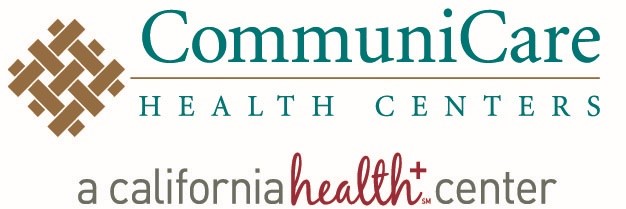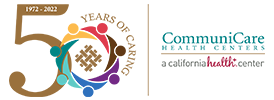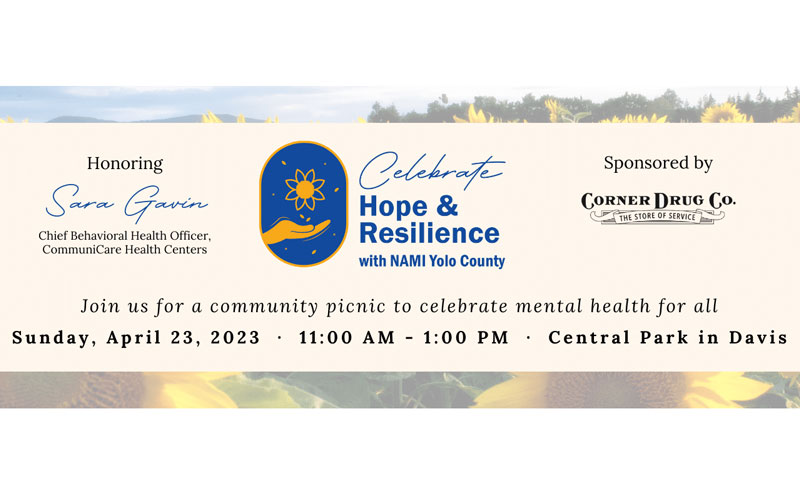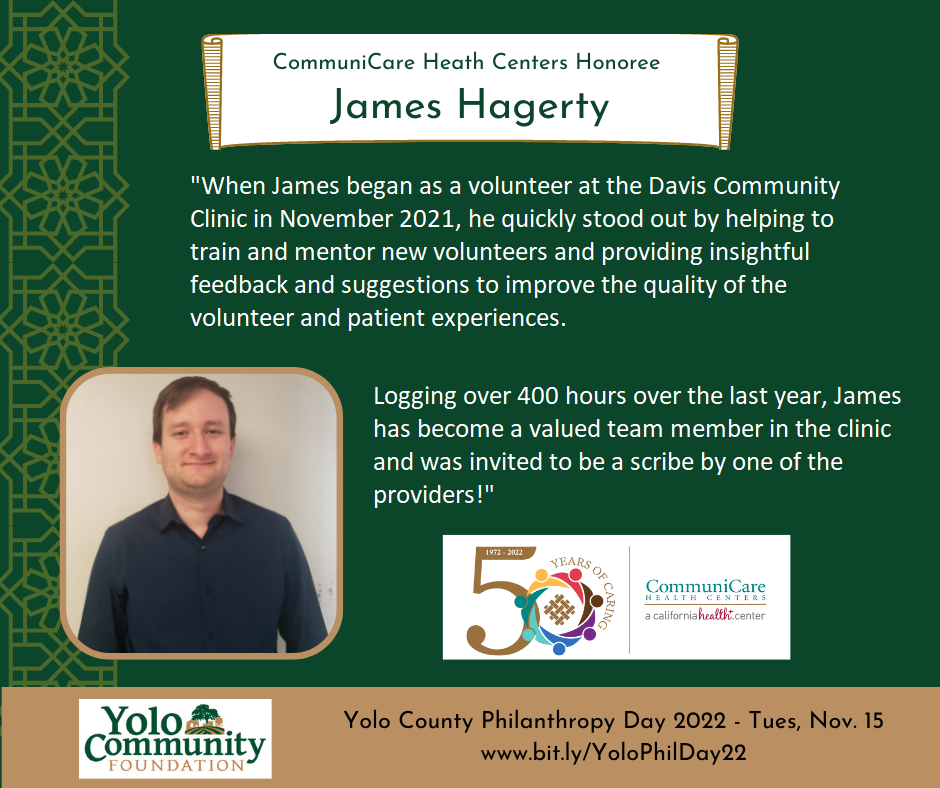Your Cervical Health Begins with Prevention Awareness
January is Cervical Health Awareness Month, and CommuniCare Health Centers wants you to know that there’s a lot you can do to prevent cervical cancer. Each year, more than 13,000 women are diagnosed with cervical cancer in the United States. Yet cervical cancer is one of the most preventable cancers today.
HPV (Human Papillomavirus) is a very common infection in both women and men which spreads through vaginal, anal, or oral sex. HPV is the primary cause of almost all cases of cervical cancer. About 79 million Americans currently carry HPV, but many people with HPV don’t even know they are infected.
But there is good news:
1. The HPV vaccination, which is given through a shot, can prevent HPV. This past October, the FDA approved use of the Gardasil 9 HPV vaccine in men and women ages 27-45, expanding the previous approved indication which covered males and females from ages 9-26. Gardasil 9 prevents infections with the “high-risk” HPV types most commonly found in a number of cancers worldwide, including cervical cancer. The vaccine also protects against “low-risk” HPV types associated with most cases of genital warts.
2. Cervical cancer can often be prevented with regular screening tests and follow-up care. In most cases, screening with a Pap test every three years and co-testing for HPV every five years provides early detection for treatment of abnormal cell changes that occur in the cervix years before cervical cancer develops. Depending on the results of the Pap and/or HPV tests, your primary care provider may recommend additional screening or procedures, so some women may be screened more often.
CommuniCare urges everyone to make this month your Cervical Health Awareness Month. We encourage all women to start getting regular cervical cancer screenings at age 21 and we ask all parents to make sure their pre-teens get the HPV vaccine at age 11 or 12. Teens and young adults also need to get the HPV vaccine if they haven’t already been vaccinated as pre-teens. It is simply the smart thing to do!
Call to make an appointment today. Don’t take a risk with your health – these small steps can help keep you and your family safe. For more information, visit the National Cervical Cancer Coalition online or call your nearest CommuniCare Health Center location.




